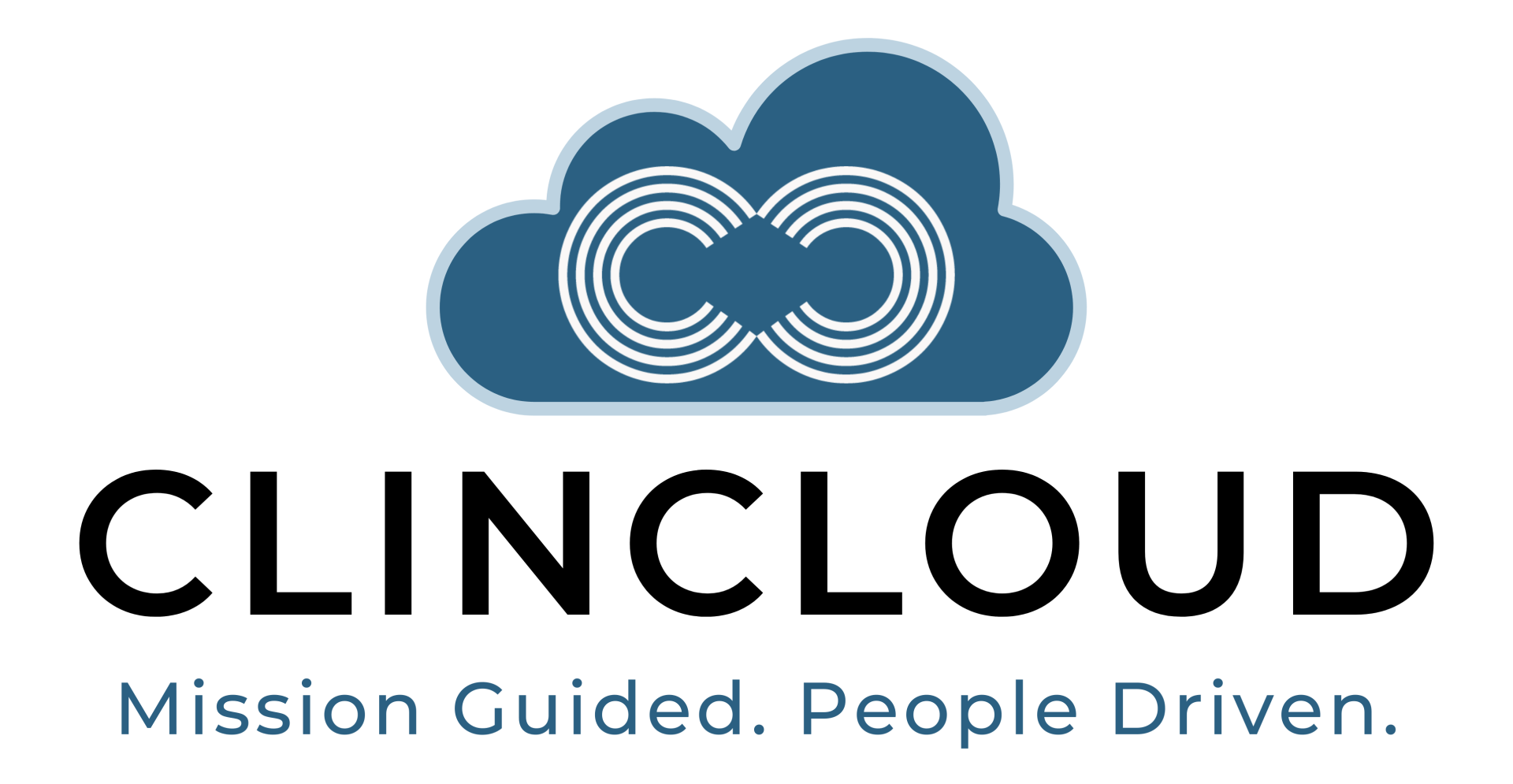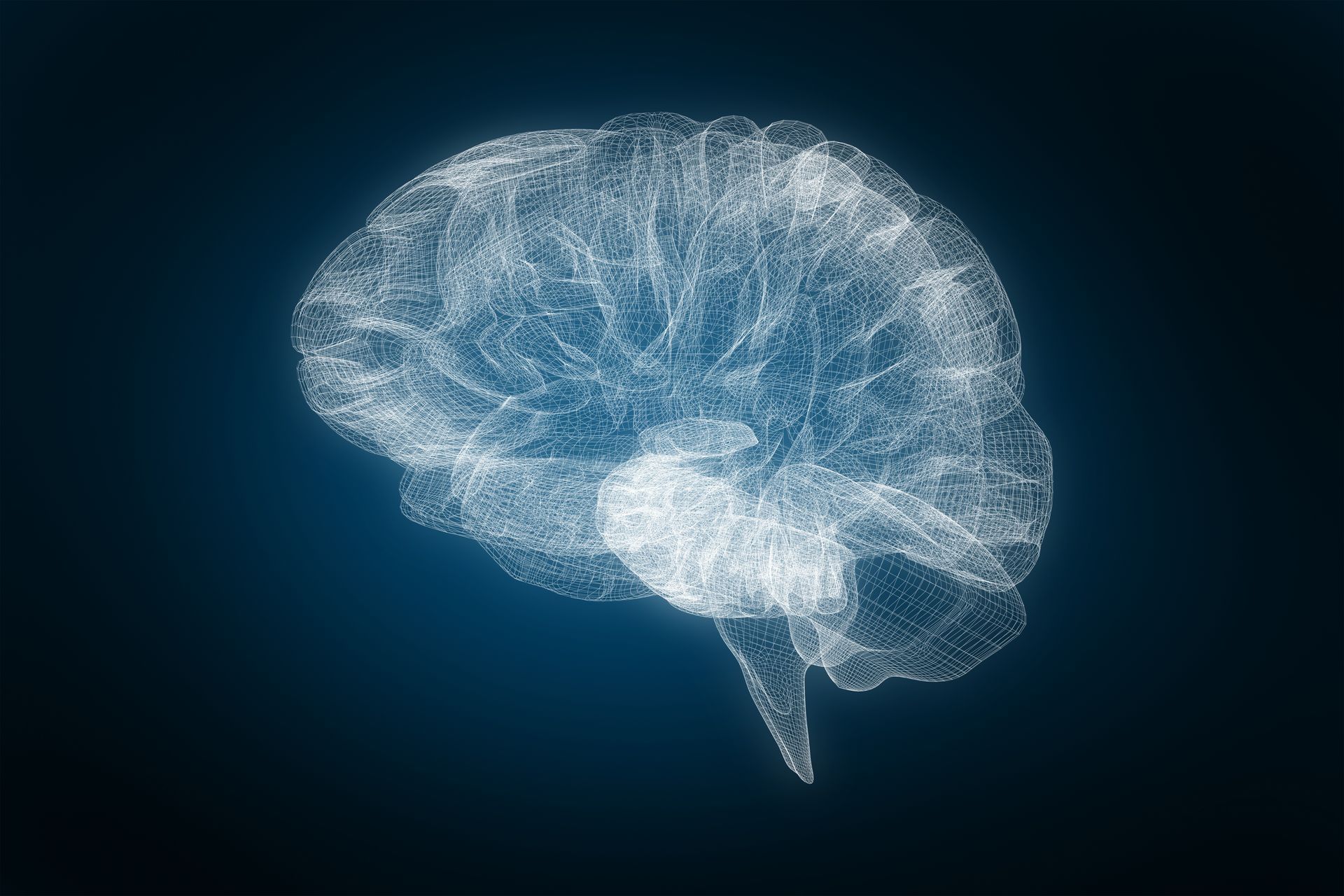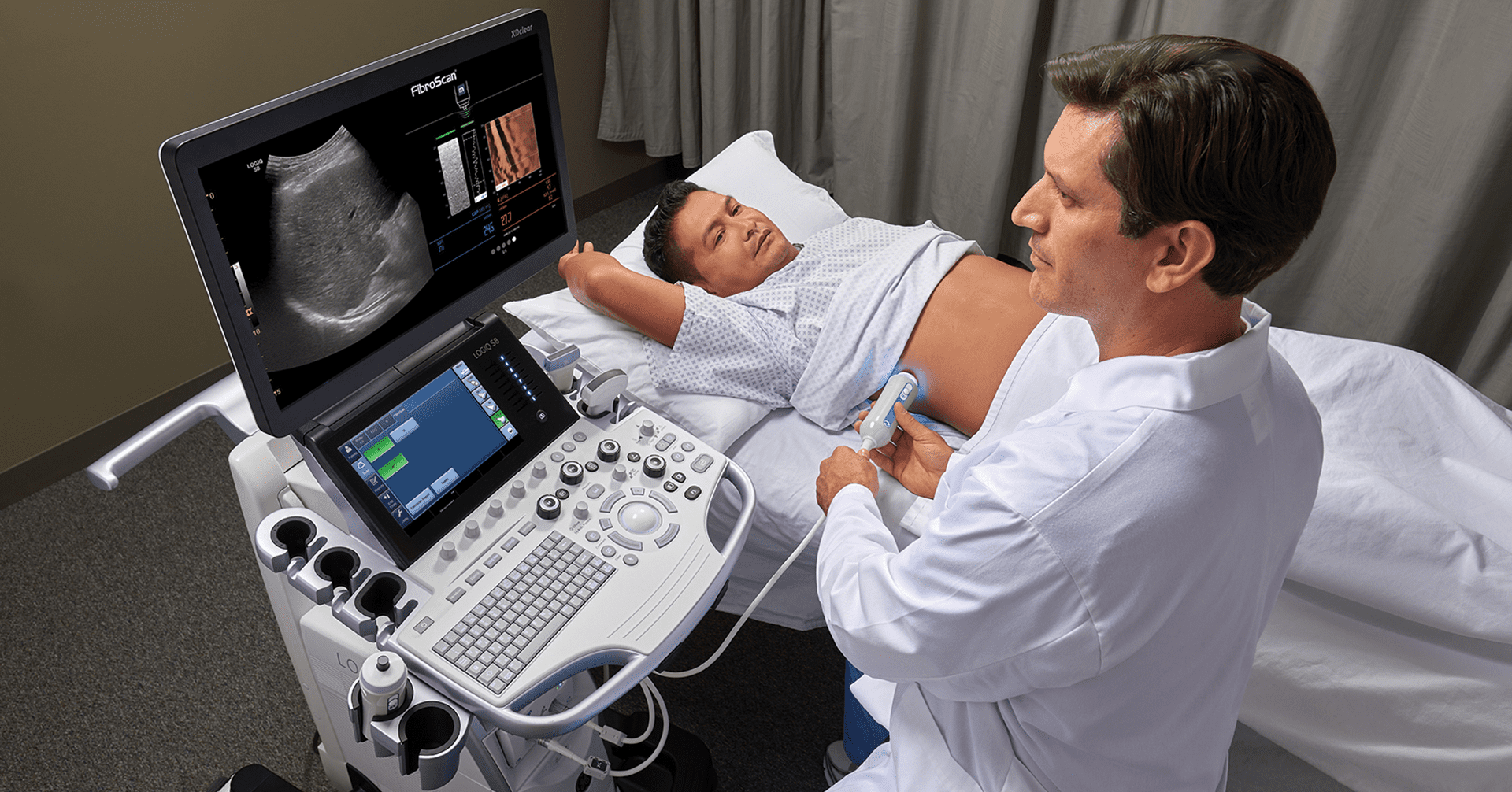By Jonathan Alicano
•
01 Apr, 2024
Understanding Memory Changes: Normal Aging vs. Alzheimer's Disease As we age, it's natural to experience changes in memory and cognitive function. However, distinguishing between typical age-related memory decline and more serious cognitive issues, such as Alzheimer's disease, can be crucial for early intervention and management. We spoke with Dr. Rosemary Laird, a specialist in memory care, to shed light on these differences and offer valuable insights for readers. Normal Aging: Recognizing Common Memory Changes "As people get older, a certain amount of forgetfulness can be expected," Dr. Laird explains. "Aging affects every bodily system, including the brain. It's common for individuals to notice a decrease in the speed of memory retrieval and an increased need for focused attention on tasks. While forgetfulness may occur occasionally, it typically does not lead to significant problems." Dr. Laird emphasizes, "However, it's important to recognize when memory lapses may indicate a more serious issue. For instance, occasional forgetfulness, such as momentarily misplacing car keys, is considered normal aging. In contrast, persistent memory lapses that interfere with daily functioning, like repeatedly forgetting where one parked the car, could be indicative of Alzheimer's disease." Alzheimer's Disease: Understanding the Differences "The key difference lies in the severity of the change in functioning brain tissue," says Dr. Laird. "Aging leads to reduced brain size, known as atrophy, which can result in reduced function. However, Alzheimer’s disease causes atrophy at markedly faster rates than aging alone, particularly in the memory and language centers." Certain risk factors and genetic predispositions may increase susceptibility to Alzheimer's disease: Age: Advanced age is the most significant risk factor for Alzheimer's disease. The likelihood of developing the condition increases with age, particularly after 65 years old. Family History and Genetics: Individuals with a family history of Alzheimer's disease are at higher risk of developing the disease. Certain genetic variations are associated with early-onset familial Alzheimer's disease. Down’s Syndrome: People with Down’s syndrome have an increased risk of developing Alzheimer's disease, typically at an earlier age than the general population. Cardiovascular Risk Factors: Conditions that affect cardiovascular health, such as hypertension, diabetes, obesity, and high cholesterol, have been linked to an increased risk of Alzheimer's disease. Traumatic Brain Injury (TBI): A history of moderate to severe traumatic brain injury, particularly repeated head injuries, may increase the risk of developing Alzheimer's disease later in life. Lifestyle Factors: Certain lifestyle factors, such as physical inactivity, poor diet, smoking, and limited social engagement, may contribute to an increased risk of Alzheimer's disease. Environmental Factors: Exposure to certain environmental toxins or pollutants may play a role in the development of Alzheimer's disease, although further research is needed to understand these associations fully. For further information on risk factors and genetic predispositions, individuals can explore resources such as the National Institute of Aging. Diagnosis and Assessment: Advances in Early Detection "In diagnosing Alzheimer's disease, significant advancements have been made," notes Dr. Laird. "It is crucial to undergo evaluation by a memory care specialist familiar with the full range of diagnostic testing available. It is no longer sufficient to attribute symptoms solely to age without thorough testing." Advancements in diagnostic tools have revolutionized the early detection of Alzheimer's disease. Now more than ever, it is important to see a memory care specialist This may include a thorough history of cognitive complaints, physical examinations, cognitive assessments, and advanced imaging techniques such as PET scans. Additionally, individuals concerned about their cognitive health are encouraged to undergo baseline cognitive assessments and explore strategies for risk reduction. Local resources such as Memory Disorder Clinics or research clinics like ClinCloud in Viera, where Dr. Laird is a Principal Investigator, can provide guidance and support for those seeking evaluation. Advice for Readers: Taking Proactive Steps "Two key steps include seeking evaluation and obtaining a baseline assessment of cognitive abilities," advises Dr. Laird. "Additionally, educating oneself about risks and strategies to mitigate them is essential." She recommends seeking medical evaluation, obtaining a baseline cognitive assessment, and learning about strategies to prevent Alzheimer's disease. About ClinCloud Research Explore cutting-edge medical research at ClinCloud, a premier institution conducting clinical trials for various conditions, including Alzheimer's disease, liver disease, diabetes, and more. With clinics conveniently located in Maitland and Viera, ClinCloud serves the broader central Florida community. For additional information, visit ClinCloudresearch.com or call (407) 636-4031.













